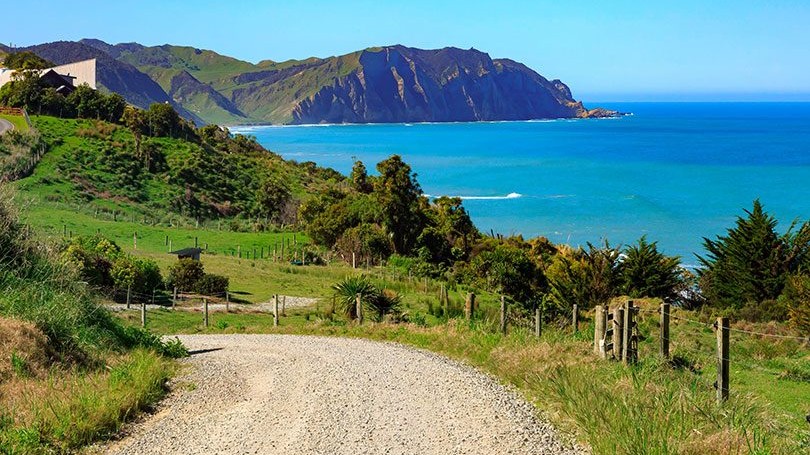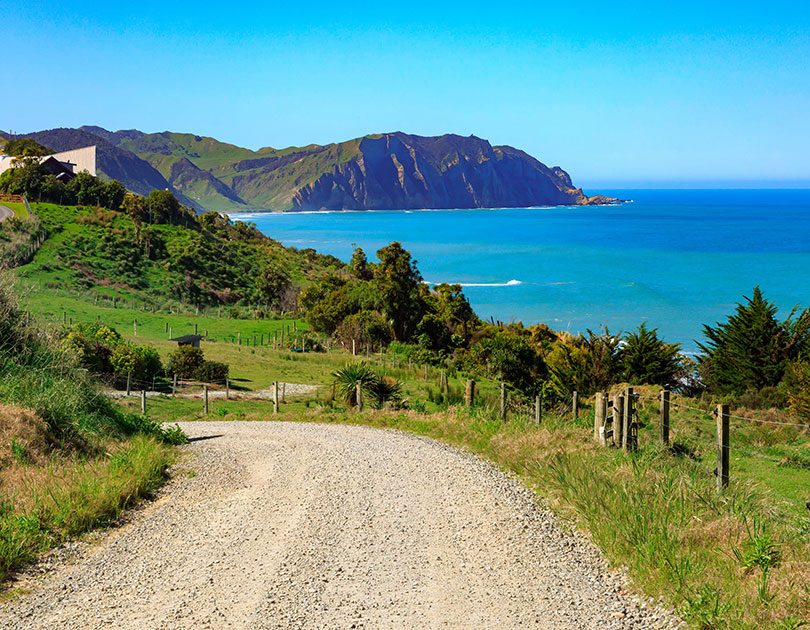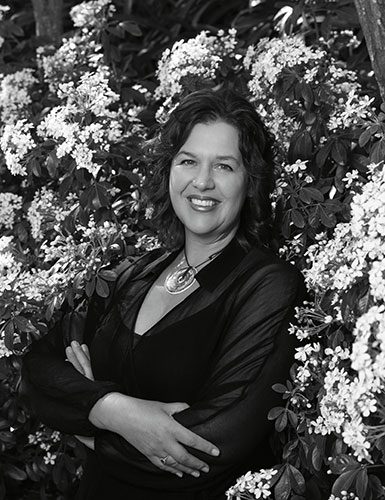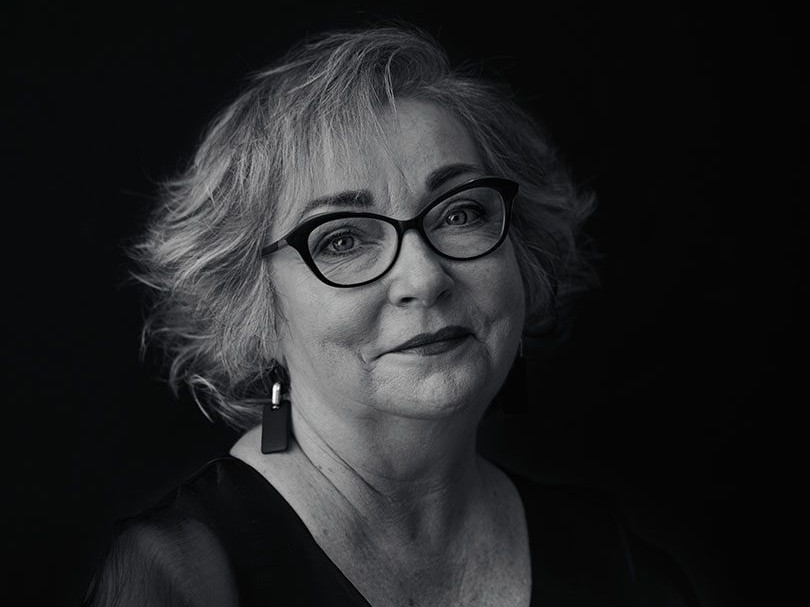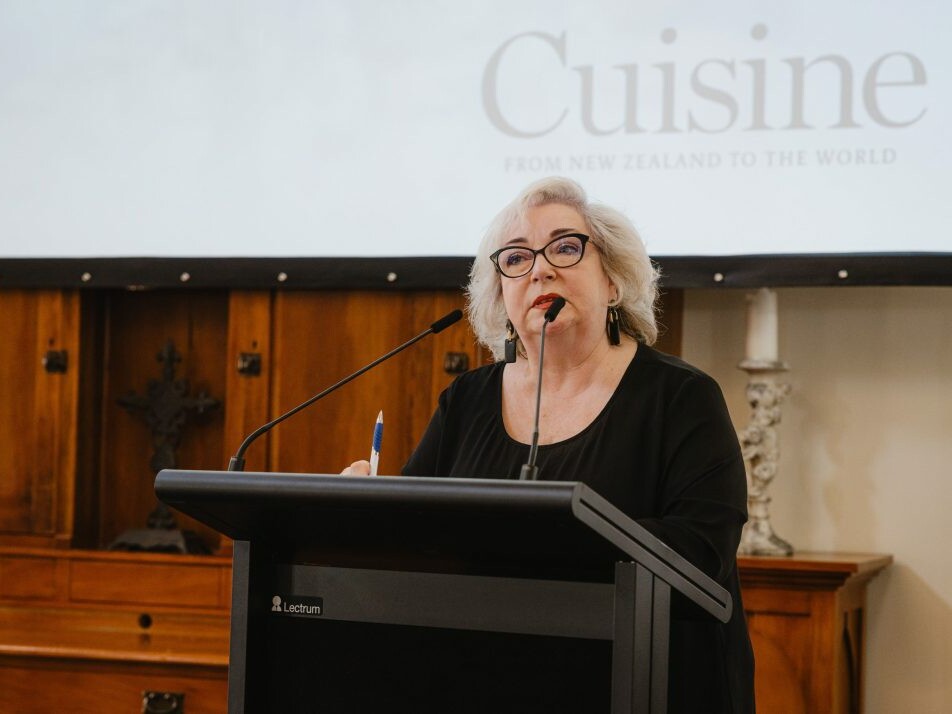Celebrating our indigenous food stories has been the kaupapa of Feast Matariki for a few years now. The mission remains the same – encouraging people to understand that these stories are an intrinsic part of who we are as a food nation.
As a Pākehā, it’s been a humbling journey. What I didn’t expect was the extraordinary world this has allowed me to explore. When we think about ‘food culture’ I think many of us start by imagining ingredients and dishes, potentially techniques. But actually this thinking keeps kai or food separate from culture. What I’ve begun to understand is that kai is so deeply woven into te ao Māori it is impossible to separate it and speak only to food culture.
So instead we’ve been privileged enough to investigate what this larger wisdom might mean for Eat New Zealand.
In 2023 we explored mahika kai in partnership with Ngāi Tahu whānau. This is also called mahinga kai or mahi kai depending on where you are in Aotearoa. My understanding is that it is the practice of gathering resources from natural systems, but also the relationship with these places. A loose connection could be made with the concept of foraging.
Listening to experts and stories of mahinga kai during Feast Matariki allowed us to see food as inexorably connected to regenerative environmental outcomes. If we don’t have healthy, functioning environments then we don’t have food that sustains us nutritionally, socially and culturally.
We heard from people considered to be the kaitiaki or holders of wisdom and stewardship for tītī (muttonbird), tuna (eel), ika (fish), inaka (whitebait) and others. Both their relationship with these species, and that of their whānau, was profound and their knowledge of them, including the ecosystems they live in, incredibly deep. While they were in these places they were also working very hard to restore them.
I feel that most New Zealanders, whatever their background, understand this. We draw great pride and meaning from being able to fish, hunt, dive and collect from our wild places. For families or communities who’ve been lucky enough to do this for more than a generation, we carry with us stories of past abundance and connections to the places we found them. So, while we thought we were telling tales of food culture, this celebration drew us closer to the much bigger picture of te taiao, or our natural world, and what our role as people was within it.
In 2024 we’re going to investigate the concept of kai hau kai, or the reciprocal exchange of food.
Dr Dione Payne (Ngāi Tahu) says, “In a wider context, kai hau kai is indivisible from mahika kai and the environs they are harvested from. The reason for this is that every aspect of mahika kai and te taiao has a whakapapa, a relatedness, that stretches back to our creation stories.
“As noted, flora and fauna have a whakapapa that links its people to the environment. In protecting te taiao, through protective measures, the reciprocal exchange is its nourishment of the people. The greater the protection, the more bountiful and fruitful the exchange.”
At a time when it has never been more difficult to find the money to spend on our food, there will also be another level of wānanga or learning that we hope to weave through Feast Matariki in 2024.
As the cost-of-living crisis continues, we want to imagine other ways of accessing food that sustains us physically, socially and culturally. What does kai hau kai invite us to imagine for our local food systems? Do we need money to have good food? Can the act of reciprocity be replicated effectively in our communities? Ngāi Tahu (and many other iwi) have working examples of how food can be shared to ensure abundance. Can this understanding contribute to the re-indigenisation of our food system and food story in Aotearoa?
As tangata te tiriti or people of the treaty, it’s important we step into this learning with respect. It excites me to think that perhaps the solutions to inequity, environmental degradation and general access to our food have been with us all this time.

